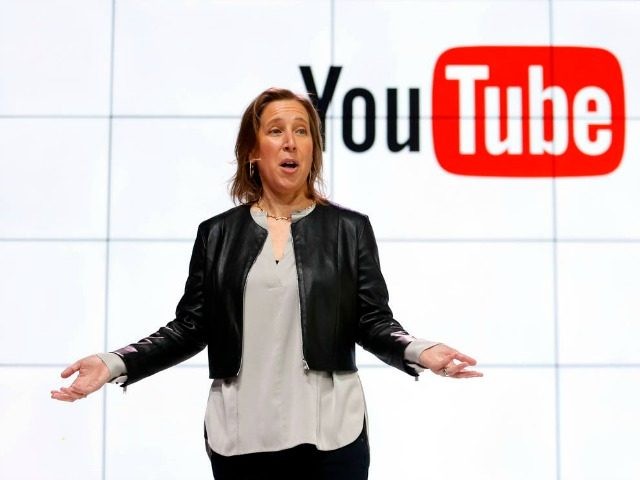YouTube, the video-sharing platform owned by Google, is just starting to relax a draconian policy of demonetizing videos related to the Wuhan coronavirus, which was today declared a pandemic by the World Health Organization (WHO). The clampdown will remain in place for most channels.
YouTube said on March 4 that it would automatically demonetize (i.e, strip ad revenue) from all videos related to the Wuhan coronavirus. It is also using its homepage to direct users to official videos from the U.S. Centers for Disease Control and Prevention (CDC) and the WHO.
Google has also enacted top-down control on its main search engine, where coronavirus-related searches are now met with an official “SOS alert,” with results from the CDC and WHO at the top of search results, after the mainstream media.
Automatic demonetization on YouTube is effectively a form of soft censorship, as creators on the platform will be reluctant to spend time and effort on videos that they know will earn them no ad revenue. Phillip DeFranco, a major YouTube creator who often creates videos about current affairs, called YouTube out on the automatic demonetization policy yesterday, prompting a response from CEO Susan Wojcicki.
In an announcement today, YouTube said it would relax its policy slightly, allowing ads on coronavirus videos from a limited selection of channels, including “news partners.”
From YouTube’s official blog:
Our sensitive events policy was designed to apply to short-term events of significant magnitude, like a natural disaster. It’s becoming clear this issue is now an ongoing and important part of everyday conversation, and we want to make sure news organizations and creators can continue producing quality videos in a sustainable way. In the days ahead, we will enable ads for content discussing the coronavirus on a limited number of channels, including creators who accurately self-certify and a range of news partners. We’re preparing our policies and enforcement processes to expand monetization to more creators and news organizations in the coming weeks.
Channels that don’t meet YouTube’s increasingly restrictive standards will probably be out of luck if they want to discuss the coronavirus pandemic and receive ad revenue, however.
“It remains our top priority to provide information to users in a responsible way,” said YouTube.
Allum Bokhari is the senior technology correspondent at Breitbart News.

COMMENTS
Please let us know if you're having issues with commenting.